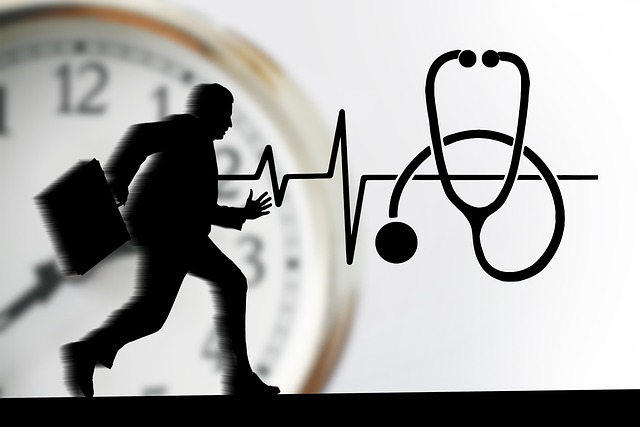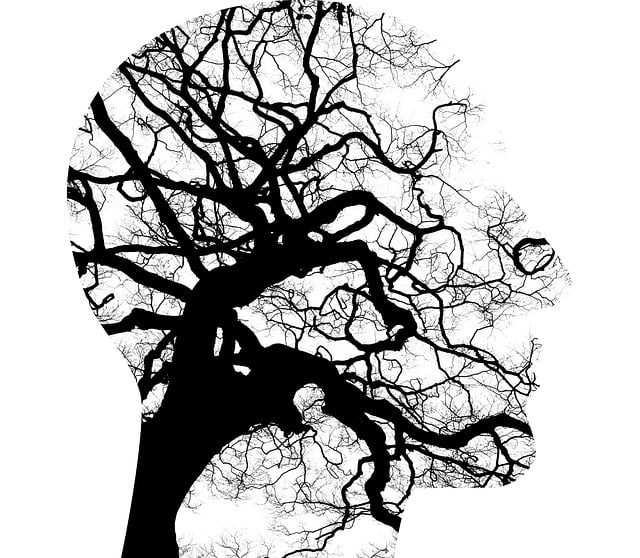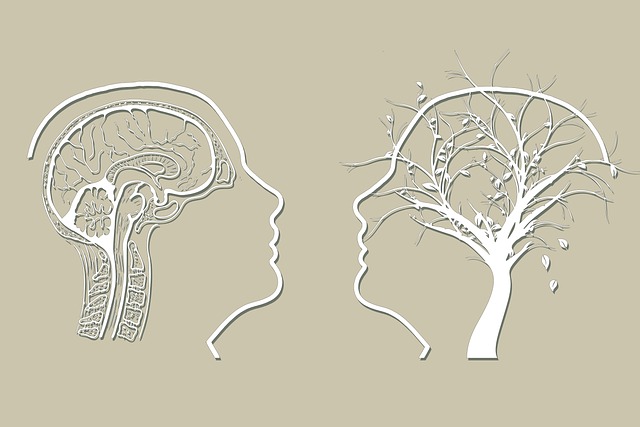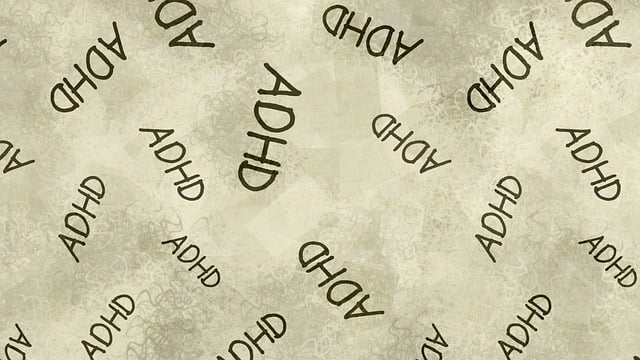Mental wellness is crucial for daily functioning, decision-making, and relationships, but it's often overlooked in fast-paced societies. Organizations like Broomfield Alcohol Abuse Therapy offer innovative self-assessment tools to combat this, focusing on holistic well-being rather than just disorder diagnosis. These tools, through practices like journaling and conflict resolution, empower individuals to manage stress, prevent burnout, and gain emotional insights. By addressing cultural sensitivity and incorporating diverse strategies, these assessments cater to a broader spectrum of users, helping them take control of their mental health and achieve positive transformations, such as overcoming alcohol abuse issues.
Mental wellness is a cornerstone of overall health, yet self-assessment tools for gauging its state remain underdeveloped. This article explores the crucial need for accessible and effective self-assessment tools in addressing mental health concerns, such as Broomfield Alcohol Abuse Therapy. We review existing resources, highlight their limitations, and offer insights into designing innovative solutions. By understanding the impact of mental wellness on daily life, we can foster better self-care practices and improve access to support.
- Understanding Mental Wellness and Its Impact on Daily Life
- Identifying the Need for Self-Assessment Tools
- Existing Resources and Their Limitations: A Review
- Designing Effective Self-Assessment Tools for Mental Health
- Implementation, Testing, and Continuous Improvement Strategies
Understanding Mental Wellness and Its Impact on Daily Life

Mental wellness refers to our emotional, psychological, and social well-being — it affects how we think, feel, and act in our daily lives. Recognizing its importance is crucial because mental wellness significantly impacts our ability to cope with stress, make choices, and relate to others. Poor mental health can lead to challenges in performing everyday tasks, affecting work or school performance, relationships, and overall quality of life.
Promoting mental wellness involves understanding individual experiences and societal factors that contribute to mental health issues. In Broomfield Alcohol Abuse Therapy, for example, self-care practices like mindfulness and stress management are essential components of treatment. Public Awareness Campaigns Development can play a pivotal role in destigmatizing mental health concerns, encouraging open conversations, and providing resources for those seeking support. Additionally, Self-Awareness Exercises can help individuals identify their emotional triggers and develop healthy coping mechanisms, fostering a more positive and resilient mindset.
Identifying the Need for Self-Assessment Tools

In today’s fast-paced world, mental wellness is a critical aspect often overlooked amidst the hustle and bustle of daily life. This is where self-assessment tools play a pivotal role in helping individuals navigate their emotional and psychological well-being. Recognizing the growing need for accessible mental health support, professionals like those at Broomfield Alcohol Abuse Therapy have developed innovative solutions, such as self-assessment tools, to empower people to take charge of their mental wellness.
These tools serve as a starting point for personal growth by offering guidance on various aspects of mental wellness, including stress reduction methods and burnout prevention. For instance, Mental Wellness Journaling Exercise, a popular approach, encourages individuals to reflect and record their thoughts, feelings, and experiences, fostering self-awareness and providing valuable insights into potential areas of concern. By integrating such practices into daily routines, folks can better understand themselves and make informed decisions regarding their emotional health.
Existing Resources and Their Limitations: A Review

Existing mental wellness self-assessment tools have played a significant role in helping individuals gauge their psychological state and identify potential issues. However, many current options fall short when it comes to addressing the diverse needs of a broad range of users. Traditional assessments often lack cultural sensitivity, failing to account for the unique experiences and perspectives of different communities. For instance, a tool designed primarily within Western contexts might not effectively capture the nuances of mental health expression in non-Western cultures.
Moreover, many tools focus heavily on diagnosing disorders rather than promoting holistic well-being. They may not adequately assess factors like social support systems, access to healthcare services (like Broomfield Alcohol Abuse Therapy), or the integration of stress reduction methods and mindfulness meditation practices that are increasingly recognized as essential components of mental wellness. Incorporating these limitations into consideration opens up space for developing more inclusive and effective self-assessment tools that cater to a broader spectrum of individuals seeking to enhance their mental health.
Designing Effective Self-Assessment Tools for Mental Health

Designing effective self-assessment tools for mental health requires a multifaceted approach, particularly when addressing issues like alcohol abuse. Broomfield Alcohol Abuse Therapy has pioneered methods that combine traditional therapy with innovative practices such as self-care journaling and conflict resolution techniques. These tools are crucial in enabling individuals to gain profound insights into their emotional states and behaviors, serving as a compass to navigate their mental wellness journey.
Mental wellness journaling exercises, for instance, offer a safe space for individuals to express their thoughts and feelings, fostering self-awareness. Conflict resolution techniques, on the other hand, equip users with healthy coping mechanisms to manage stress and interpersonal challenges. By integrating these practices into self-assessment tools, Broomfield Alcohol Abuse Therapy ensures comprehensive mental health support that goes beyond conventional therapy sessions. This holistic approach empowers individuals to take charge of their mental wellness, leading to lasting positive changes in their lives.
Implementation, Testing, and Continuous Improvement Strategies

The development of a robust mental wellness self-assessment tool is an iterative process that requires careful planning and execution. Implementation involves pilot testing with a diverse group, ensuring inclusivity to capture a broad range of responses and insights. This initial phase aims to identify any technical glitches or usability issues within the platform, allowing for necessary adjustments before wider release.
Testing strategies should encompass various methods, including quantitative surveys and qualitative feedback sessions. By collecting data on user experiences, researchers can gain valuable insights into the tool’s effectiveness in assessing mental health status and identifying areas of distress. Continuous improvement is fostered through regular updates based on feedback, ensuring the tool remains relevant and beneficial. For instance, incorporating features like Mood Management techniques or Empathy Building Strategies could enhance user engagement and satisfaction, ultimately contributing to better self-awareness and support, as evidenced by successful cases at Broomfield Alcohol Abuse Therapy.
Mental wellness self-assessment tools are essential resources for individuals seeking to understand their emotional well-being. As highlighted in this article, the development of effective tools like those suggested by Broomfield Alcohol Abuse Therapy can empower people to take charge of their mental health. By identifying risks and promoting proactive measures, these assessments play a pivotal role in early intervention and prevention, ultimately fostering healthier communities. Through continuous improvement based on user feedback and evidence-based practices, self-assessment tools can evolve to better meet the diverse needs of individuals seeking mental wellness support.














